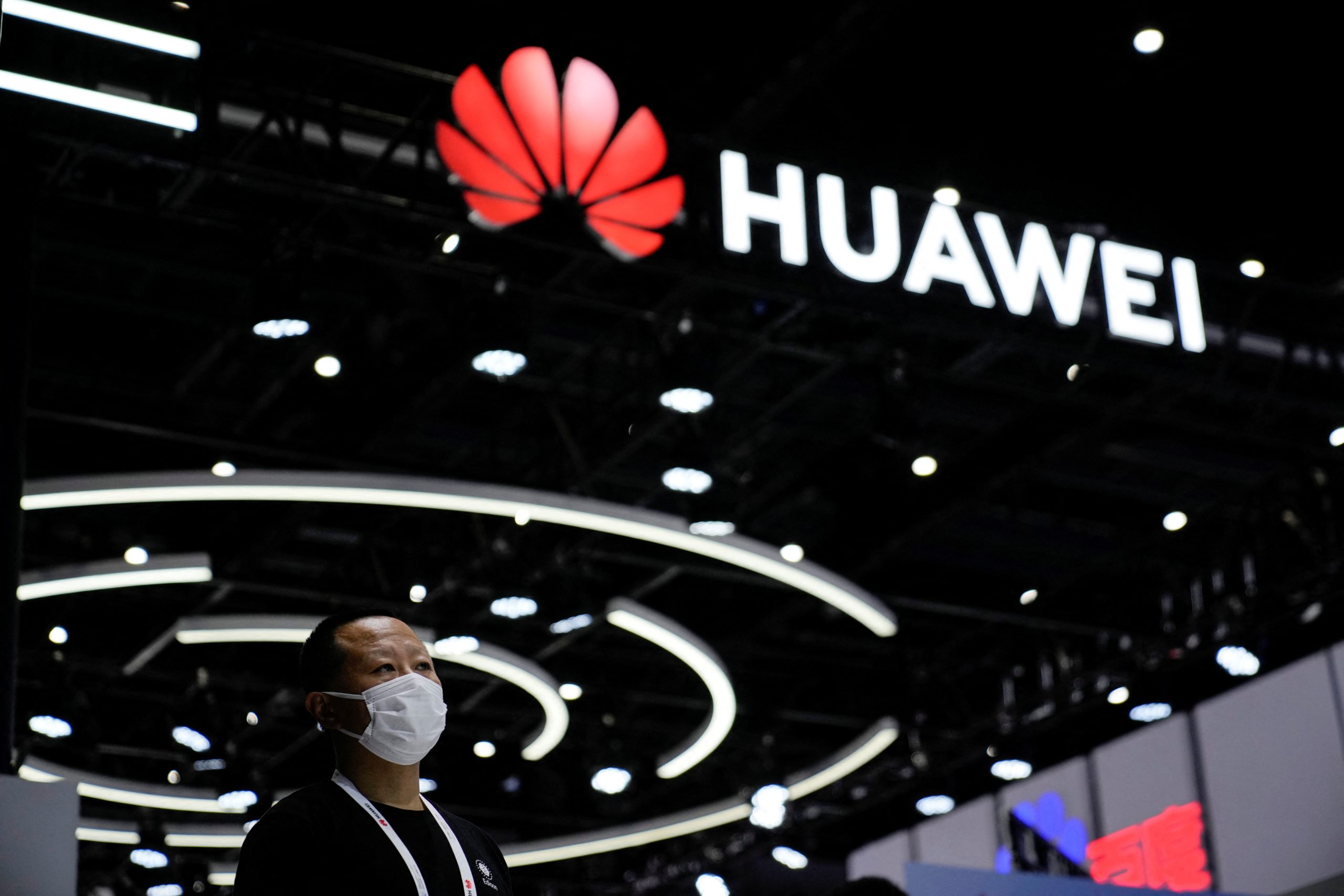
[elfsight_social_share_buttons id=”1″]
U.S. prosecutors charged two Chinese nationals with trying to obstruct the prosecution of Chinese telecommunications company Huawei Technologies Co Ltd, as part of a broader crackdown on what they called efforts to exert unlawful influence in the United States.
Chinese nationals Guochun He and Zheng Wang were charged in a criminal complaint dated Oct. 20 and made public on Monday. Court documents did not name the company, but a person familiar with the investigation said they were trying to interfere with the prosecution of Huawei.
In February 2020, the Justice Department announced that Huawei had been charged in a superseding indictment for violating the Racketeer Influenced and Corrupt Organizations Act.
A spokesperson for Huawei could not be immediately reached for comment on Monday.
Prosecutors also unveiled charges against four Chinese nationals in what they called a long-running intelligence campaign.
The complaint against He and Wang alleges they tried to obtain confidential information concerning witnesses, trial evidence, and any potential new charges the company could face.
To do that, it alleges they tried to recruit someone from a U.S. law enforcement agency who they thought would help them spy for China.
The recruit, who is referred to only as “GE-1,” was actually working as a double agent for the United States under FBI supervision, the complaint says.
Since October 2021, He and Wang paid the recruit $14,000 plus $600 worth of jewelry, in exchange for what they believed was confidential information about the Justice Department’s investigation and criminal prosecution of the company, the complaint said.
According to the complaint, He and Wang first started trying to access nonpublic information about the Justice Department’s investigation when the company was initially charged in 2019.
Their activity escalated in the summer of 2021, with He asking GE-1 about the details of meetings with the U.S. Attorney’s Office for the Eastern District of New York as prosecutors were discussing preparations for the jury trial.
In response, GE-1 passed He a piece of paper that appeared to be marked as classified. That page purported to discuss a plan by federal investigators to arrest two of the company’s China-based executives.
In exchange for that page, He paid GE-1 $41,000 in bitcoin, the complaint says.
Later that same year, GE-1 also passed along a second page that also purportedly discussed legal strategy, including the use of several cooperating witnesses in the prosecution.
Copyright 2022 Thomson/Reuters
